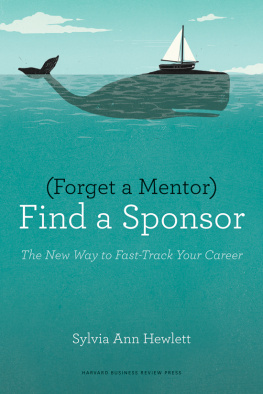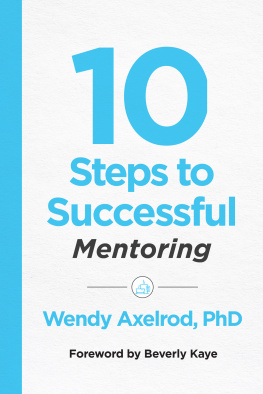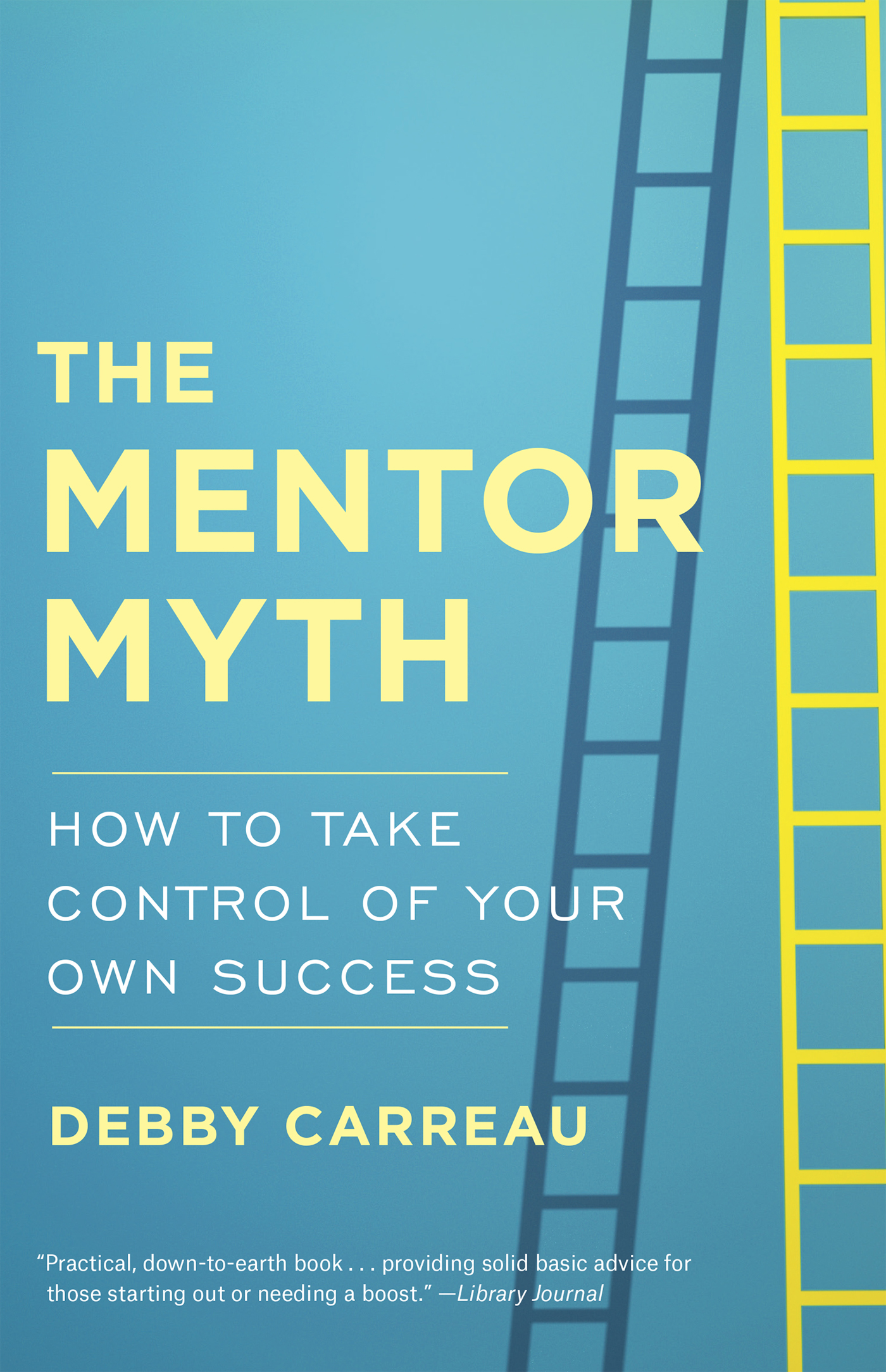First published by Bibliomotion, Inc.
All rights reserved. No part of this publication may be reproduced in any manner whatsoever without written permission from the publisher, except in the case of brief quotations embodied in critical articles or reviews.
Names: Carreau, Debby, author.
Title: The mentor myth : how to take control of your own success / Debby Carreau.
Description: Brookline, MA : Bibliomotion, Inc., 2016. | Includes bibliographical references and index.
Identifiers: LCCN 2015039237| ISBN 9781629561110 (hardcover : alk. paper) | ISBN 9781629561127 (ebook) | ISBN 9781629561134 (enhanced ebook)
Subjects: LCSH: Career development. | Vocational guidance. | Success in business.
F ind a mentor: this is often the beginning and the end of advice for professionals looking to grow their career. I have worked in human resources for more than two decades, and never has there been such an emphasis on mentoring as there is now. In my view, mentor is among the most overused buzzwords in the workplace today.
What is a mentor? Typically, a mentor is an older, more experienced person who helps guide your professional future. Mentor relationships can either be formal, organized through a mentoring program in your company, or informal, established through connections you make on your own. When you need feedback on your career trajectory or big decisions like changing jobs, a mentor can be a real catalyst for career growth. Unless you are part of a structured mentoring program, there are no hard-and-fast rules for how often you need to see or interact with your mentor. You might exchange e-mails every six months or sit down for lunch weekly. There is not even a limit on the number of mentors you can have; you may have one mentor or many.
Recently, the idea of mentorship has been radically expanded from the description Ive just given. In my line of work, I constantly field questions about mentors, and I read article after article discussing the importance of mentorship. Mentors have come to be seen as one-stop guidance shops, capable of omniscient, career-defining advice and advancement. If you do an Internet search of the word mentor, prepare to be overwhelmed by the amount of advice meant to help you find, snare, talk to, properly utilize, keep, or break up with a mentor.
In todays work environment, it is a given that everyoneespecially those underrepresented in their industriesneeds a high-level mentor. I would even say that a lack of formal mentorship is perceived to be a serious, career-inhibiting problem. This means that a significant part of the existing literature is devoted to finding and building relationships with mentors (how do you get a high-level executive or master in your field to agree to mentor you in the first place?). If you read these articles without knowing anything about what mentors are, you get a strange impression of what mentoring means. Take a look at lists like 10 Killer Questions to Make the Most of Your Mentoring Meetingperfect for mentors when you need an outside, experienced perspective.
The obsession with mentorship has gotten so out of hand that January has been declared National Mentoring Month, and widespread institutional problems like a lack of diversity in the workplace are blamed on a lack of mentorship. While I agree that mentors can be important for women and minorities in industries where they are underrepresented, mentorship is not a silver bullet that will magically eradicate systemic inequities.
This overblown attitude toward mentoring is exasperating because, having coached tens of thousands of young professionals through their corporate journeys, never have I said, The key to your fate is in someone elses hands. Dont misunderstand me: mentors are important. Their counsel and war stories can be invaluable. You want people with the right perspective to give you advice and make introductions. Mentors are just one piece of a much larger puzzle, however. Your mentor is one person offering one perspective, and her advice may or may not be wise counsel.
From my two decades working in human resources, I have found that mentors are overutilized and undertrained, and they underdeliver. For example, people commonly make the mistake of taking a mentors advice as canon, but blindly following a mentors advice can have negative, even disastrous, results. A famous cautionary tale comes from Sheryl Sandberg: when she was considering taking her career-defining job at Google, a mentor of hers urged her not to do itthe opportunity was too risky and ill-suited for her, according to the mentor. Sandberg had the same experience when she was offered the position of COO at Facebook, arguably an even Her mentor discouraged her from taking the job, advocating for a position with a more traditional company. Think of the loss both financially and professionally if she had followed her mentors advice!
I experienced a similar situation in a formal mentoring program during my first high-level HR job. I was assigned a mentor who, at first, was quite useful. He helped me build perspective and hone my strategic operational skills. Over time, though, the relationship began to change. If I was reluctant to take his advice, I heard about itand other people did, too. This was unhelpful and damaging to the reputation I had carefully crafted. Eventually, the relationship devolved.
Unless your mentor undergoes formal training, there is no guarantee she knows anything about being helpful to you. Even if your mentor has attended a mentor training program, there is no guarantee that the training was adequate. Being a source of wisdom for a young person with a quickly evolving career is a tough task. Would you feel comfortable weighing in on another persons career-defining decision (for example, which job offer is best)? Remember, mentors are human, too. They can be biased, narrow-minded, jealous, and competitive. Any and all advice from external sources should be taken with a grain of salt. You have to consider your mentors background, expertise, and motivations.
Additionally, many professionals enjoy mentoring but do not have the time to commit to a mentormentee relationship. An advisor who will look in on your career occasionally is different from a dedicated mentor who is consistently available as a sounding board. Many people do not take the time to establish their expectations as either a mentor or mentee, and thus end up disappointed. Another danger, especially if you are working in an industry affected by ongoing technological change, is that you and your peers might have a better understanding of the implications of new technologies than your mentors. The advice you receive from mentors, while well intentioned, may be outdated.
Perhaps the biggest risk of mentorship is that it gives people the impression that the outcome of their career is dependent on the actions and input of others. The truth is: you are in control of your success. Of course there are going to be factors outside your controlthe economic climate, for examplebut you dictate your own reaction to changing circumstances. This idea can be disconcerting: taking on the burden of success is a big responsibility. But if you are as driven as I am, you probably like the idea of being captain of your own fate. The good news is that you dont need to reinvent the wheel: in


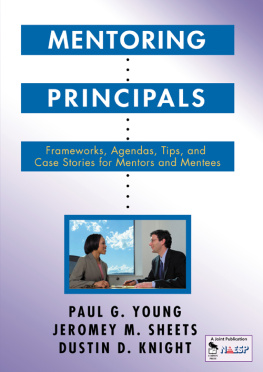
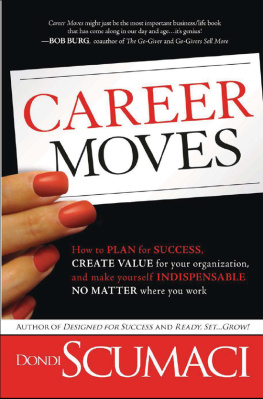
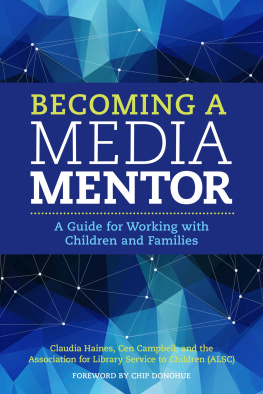
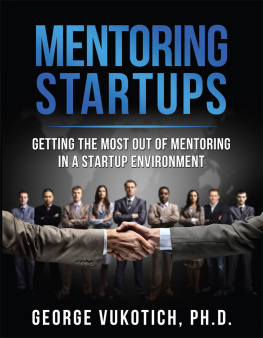
![Whitaker Nathan - The mentor leader: [secrets to building people and teams that win consistently]](/uploads/posts/book/228009/thumbs/whitaker-nathan-the-mentor-leader-secrets-to.jpg)
